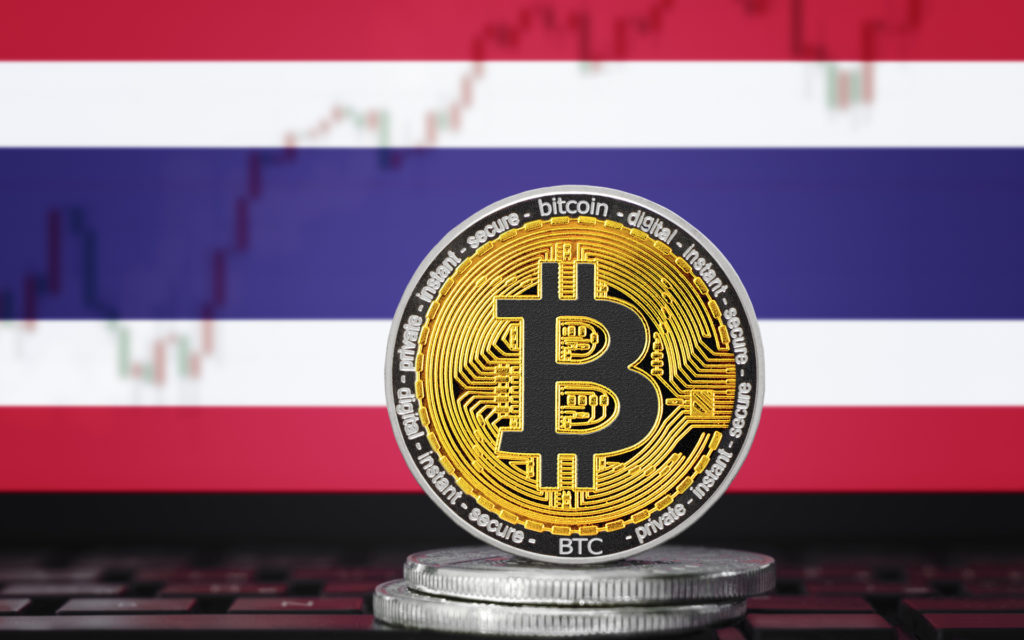Officials from the Bank of Thailand claim that utilizing cryptocurrencies as a form of payment is legal. Users, on the other hand, must be able to take the risks, which include price fluctuations.

In Thailand, using cryptocurrencies to pay for goods and services is not prohibited.
The Bank of Thailand’s Monetary Policy Department’s senior director, Sakkapop Panyanukul, confirmed the central bank’s perspective on bitcoin this week.
He revealed that the Bank of Thailand is now talking with the Thai Securities and Exchange Commission (SEC), other institutions, and stakeholders about how to supervise cryptocurrency. The bank wants to reduce the dangers that come with using cryptocurrencies to make payments.
The director highlighted that while some people in Thailand are currently utilizing cryptocurrency to pay for products and services, it is not prohibited. However, consumers must be willing to take risks.
The Thai central bank previously stated that using bitcoin as a means of payment represents a fair exchange between the holder of the digital asset and the supplier of goods and services, where the payer and the receiver fully acknowledge the risks associated.
According to Sakkapop, if other currencies are extensively utilized, it will have an influence on the central bank’s capability to regulate the economy.
Chayawadee Chai-anant, another senior official of the Bank of Thailand, stated that several central banks all over the globe are worried regarding crypto jeopardising financial stability. She highlighted her concerns about financial stability while expressing them:
Chai-anant declared the Bank of Thailand does not yet restrict the use of digital assets for payment of goods and services, but it is concerned about price fluctuations.
However, the Thai central bank has also said that considering the dangers associated with excessive price volatility, it prohibits commercial banks from dealing with crypto assets directly. Chai-anant said at a press conference:
“We don’t want banks to be involved directly in digital asset trading since banks are responsible for customer deposits and the public, and there is vulnerability.”
If a firm is a shareholder, that is a different matter, according to Chai-anant.
Last month, one of Thailand’s leading banks, Siam Commercial Bank (SCB), confirmed the acquisition of a 51 percent ownership in a cryptocurrency exchange.
Also Read: Bitcoin Superstar Review – Scam or Legit
In Thailand, cryptocurrency is becoming more popular as a means of paying for products and services. The Thai central bank issued a warning in July on the usage of digital assets as a payment method. The country’s prime minister warned investors against investing in cryptocurrencies in October, noting that they are highly volatile and risky.
In November, the Thailand Tourism Authority (TAT) said that it is collaborating with the Central Bank of Thailand and the Securities and Exchange Commission (SEC) to make things easier for tourists to spend cryptocurrencies in Thailand.
The governor of the Tourism Authority of Thailand (TAT) declared:
“Crypto is the future so we must create Thailand a crypto-positive society to welcome this group of high-quality tourists.”



